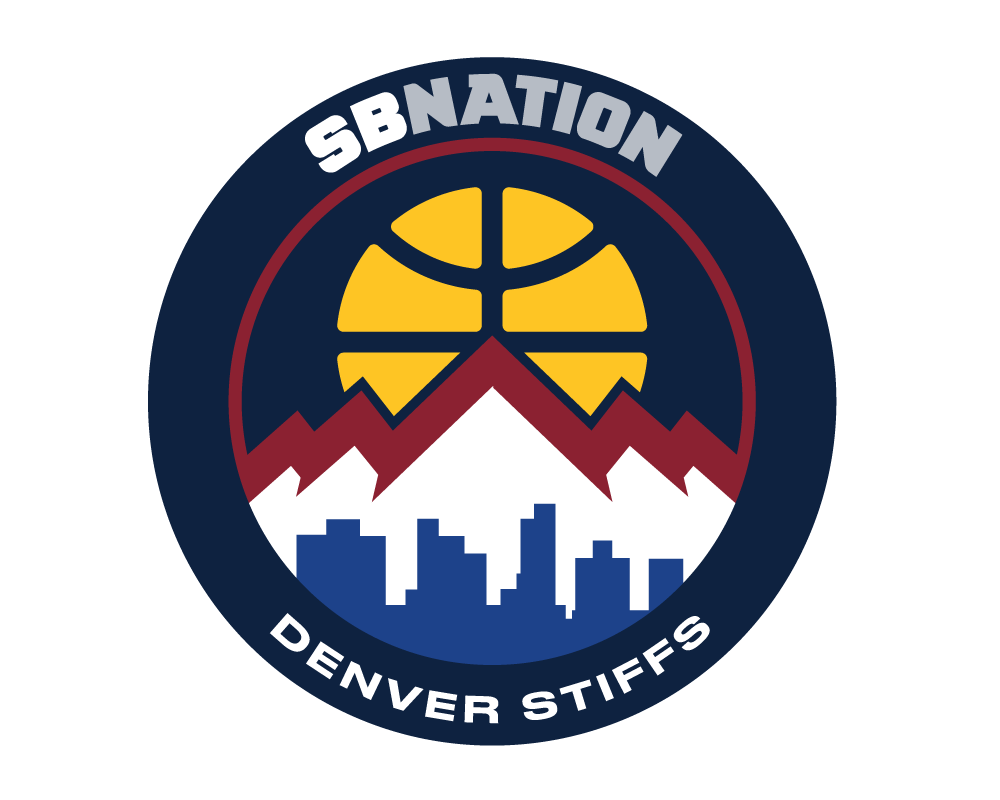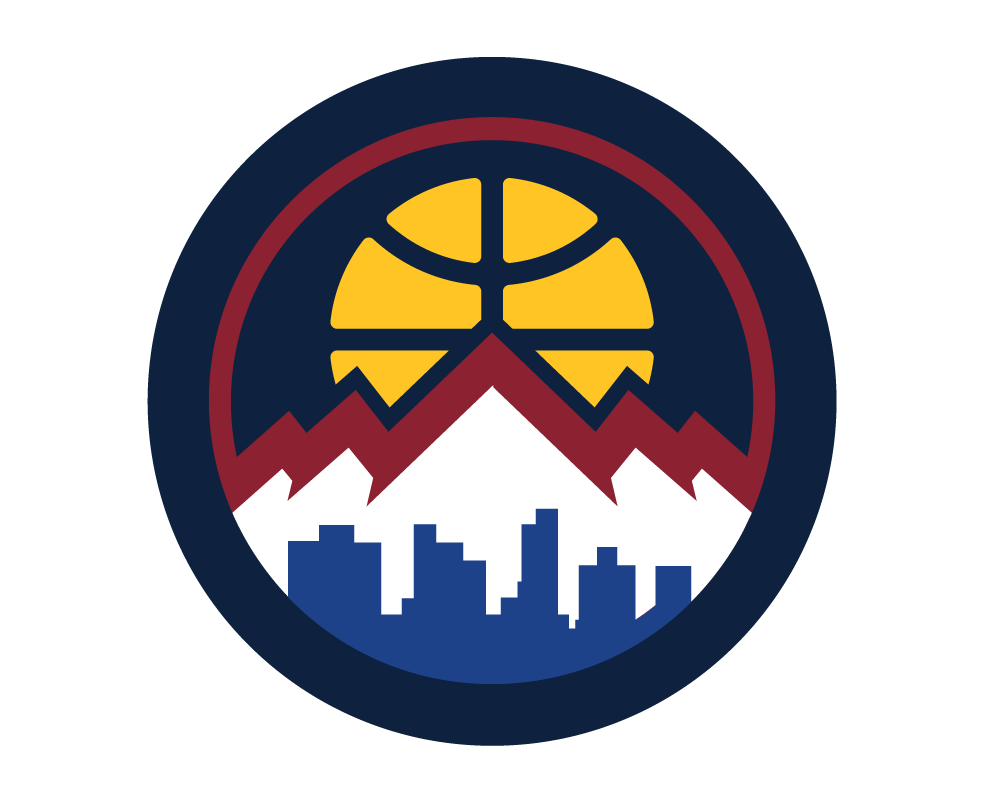Stiffs member Scissor brought up an interesting point and one I've been considering for a long time. Did the Front Office really want to trade Chauncey and was it part of the plan, or was it that the Knicks insisted? Were our trade results luck, skill, or both?
The answer is probably a combination of luck + skill. However, I have a sneaking suspicion that our Ujiri is very, very bright both in his technical understanding of basketball and his ability to maneuver around political situations. I'll explain more about this later.
It's hard to evaluate players because you don't know the team's defensive philosophy, how they switch pick and rolls, what each player's role is on offense, etc. The takeaway is one player being horrible on defense can completely change the defensive dynamic of your team, even though the other guys are good defenders. Nene, AAA, Ty and Kmart are really good defenders - and we knew that even with Melo here. Our defense being horrible was largely attributed to Melo.
I think that's what made Wark so good. He had an uncanny ability to watch film, identify players who were very good but underutilized, confirm with stats, and then pull the trigger. The Nuggets FO used to (not sure if they still do) employ Dean Oliver so I know they used to understand this. I'm not sure what their analytics capabilities currently are, but Ujiri was from TOR and the stat guys in TOR are smart. He also is well-connected in NBA circles and, from what I can tell, rose quickly because of his ability to manage connections and maneuver the political minefield.
Luck:
* We were dealing with one of the few teams in the NBA who doesn't use analytics
* I'm not sure Ujiri and Kroenke knew how good the guys we were getting were (I certainly didn't - I just knew they weren't worse than Melo), NY's terrible D was largely a byproduct of D'antoni scheme + Amare. There was no way of knowing our players could defend unless you watched film - NY's defense was terrible last year too, with many of the same players
Skill
* Holding out until the trade deadline - not making any panic trades. This is good because you have the most leverage at the deadline and also because if you're getting draft picks from bad teams, you have a vested interest in making sure those picks are as high as possible.
* Understanding NY's desperation level and getting extra assets
* Understanding that Lawson was better than Chauncey and forcing Karl's hand by trading him
* Jettisoning AC
Unknown
* Ujiri says we got killed in the trade
* Front office apologizes to Chauncey
* New Jersey re-enters talks after the all star break.
The unknown part is what's interesting, IMO. There are 2 separate narratives that can be drawn. The first one is that we genuinely had no idea what we were getting in the trade, we thought we got killed, were sad we had to lose Chauncey but needed to move Melo. Ujiri is a naive guy from Africa who is more of a networker than a technical builder of teams, hell, he didn't have a computer when he first started working for the NBA.
The second one is we knew what most analytics guys knew, that this Nuggets team was very good, Ty needed to start, Melo was overvalued and we could get more than fair value for him, and we needed to start a bidding war. We knew the trade was going to happen with NY, we knew which assets we wanted and how those assets would project, so we enlisted NJN to start a bidding war and pretended to be upset that they released the info publicly - but was planned all along. We had several problems: how do you spin this into a story that the media will buy, how do you fleece an opposing FO without them knowing and thinking they came away with the better of it, and also how do you make fans feel good about the franchise after trading away the 2 faces of the franchise.
I'm a believer of narrative 2 - that our FO knew what they were doing all along. For one, I know they can do the analysis I can, so they knew about Melo's defensive short comings and they knew our team was good enough without him. Any smart front office knows about player development cycles and age curves, so they had to know the assets they were getting projected better than the assets being given up. They also probably understand how to analyze the cap. Our front office then needed the following to happen:
They knew they needed to move Chauncey and there's no way the fans would have been fine with the front office knowingly trading away the hometown hero, so they had to create a perception that they didn't want to trade him, but NY insisted on it. They played this role to a T in the media. The fans felt bad, they acted like they didn't want to trade Chauncey in public and the media believed them. To me, it looked like they were manipulating the media to convey a message - how many times did you hear the Chauncey apology on Altitude?
They knew Melo would only go to the Knicks so they had to identify assets they wanted on the Knick's roster, then create a bidding war. The perfect team? The Nets - they compete in the same division and are moving to Brooklyn. Prokhorov has every incentive in the world to increase the price they pay. The Nuggets knew Prokhorov would always bow out, but needed him to create the illusion of scarcity and urgency. Keep in mind Ujiri has the connections to make this happen. Prokhorov also came out and said they accomplished what they wanted - make NY pay more.
The Nuggets want a reputation that they're unsophisticated and easy to deal with. When they call about another team's undervalued assets, the team doesn't immediately think what aren't we seeing in this guy. If Pop from the Spurs calls and asks about my 8th player on the bench, I'm wondering what does Pop see that I don't. There's value to maintaining a perception of stupidity. I mean, who comes out and tells the public they got killed in the trade? If Melo is awesome and your players suck, the public and media believe you and that's the end of your career - unless you're confident you're right and you're managing for the future and manipulating league-wide perceptions.
They had to make Melo out as the bad guy. They had to make it look like the team was held hostage, he wouldn't sign with any other team (Melo himself said he never told the Nets he wouldn't sign with them), and that the only way to get this cancer out of our locker room was to include Chauncey.
Finally, they also forced the Knicks to take AC - another sign that they knew what they were doing. It felt like a very obvious attempt to get rid of the terrible pieces on our team that Karl insisted on playing.
If you believe narrative 2 - and there are assumptions that need to be made to believe it, then our FO did a masterful job. There is also a reasonable amount of evidence that points to #2 being correct.
It also bodes very well for this franchises competence because they were able to do several things: 1. know what the right decisions were and have the conviction to follow through, even against conventional wisdom 2. create and understand the plan, have patience to execute it, and then execute it masterfully 3. they understood how the media works and got the media to tell the story they wanted - something that was ultimately Josh McDaniels' failure in Denver. 4. the overall goals of the plan are more important to them than how they're individually perceived by the media - this is a rare trait, and one that the best of the best of sports coaches and FO's have. It's very Poppovich, straight up Belichikian.



